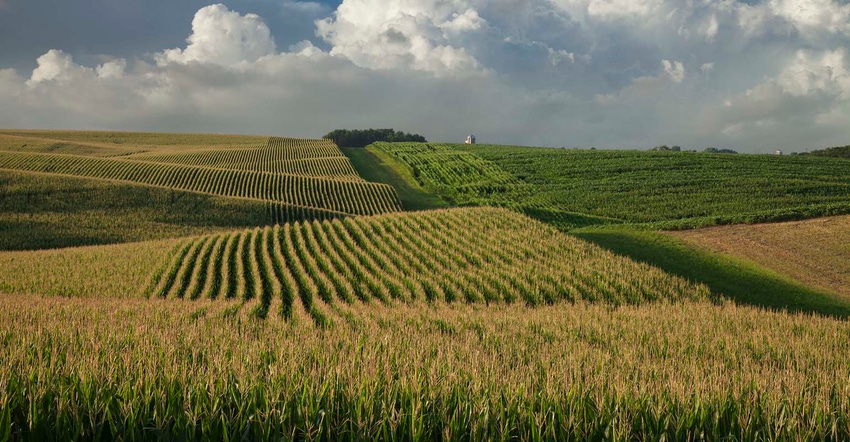
By Isis Almeida, Mario Parker and Andy Hoffman
Agribusiness giant Cargill Inc. is looking to shake up its business as President Donald Trump’s yearlong trade war with China makes it harder to navigate unpredictable crop markets.
The U.S.’s largest closely held company is reviewing its plans given operational headwinds and a slowdown in earnings, it said in emailed responses to Bloomberg questions on Thursday. The Minneapolis-based firm is focused on cutting costs and two senior executives have already departed, according to people familiar with the matter.
Agricultural commodity traders have struggled to make money as years of bumper crops depressed prices and curbed volatility. The tit-for-tat spat between Washington and Beijing has exacerbated the challenges, with Cargill saying fourth-quarter earnings from origination and processing were hit by the “deep uncertainty” caused by the trade spat.
“Given headwinds in our operating environment and an earnings slowdown in the final months of our last fiscal year, we are reviewing our business plans to ensure that resources are aligned with our top priorities,” Cargill said. “Roles could be impacted as part of the normal course of business.”
Earlier this month, Cargill reported its steepest quarterly profit decline in four years as it dealt with tumult ranging from trade disputes to inclement weather in the U.S. Midwest and lower feed demand in China due to the spread of African swine fever, a deadly virus that kills most infected pigs within 10 days.
The shakeup has already seen the departure of Mark Stonacek, chief financial officer of Cargill’s agricultural supply chain, and Tom Erickson, vice president of commodity markets compliance, said the people, who asked not to be named because the information is private. That follows a surprise announcement earlier this year that G.J. van den Akker, head of Cargill’s agricultural supply chain, was retiring and being replaced by Joe Stone.
Cargill isn’t alone in reviewing businesses and cutting costs. Archer-Daniels-Midland Co., the ‘A’ in the storied quartet of agricultural commodity firms known as the ABCDs, is also undergoing a transformation to focus more on animal nutrition and reduce costs.
Bunge Ltd. is looking to offload some business, most recently announcing a joint venture with British oil major BP Plc, while Louis Dreyfus Co. reshuffled its top traders. Marubeni Corp. said this week that U.S.-based unit Columbia Grain Trading Inc., stopped all new sales of soybeans to Chinese customers.
Cargill said in the email it hadn’t instigated a company-wide workforce reduction. The firm, which was the first of the ABCDs to restructure a few years ago, is now benefiting from better animal-protein earnings, ranking as the third-largest beef producer in the U.S. after JBS SA and Tyson Foods Inc.
“We remain wholly committed to our strategy to bring the best of Cargill to our customers and move more quickly to deliver what matters most to them,” it said. “We continue to hire and add new capabilities to drive our future growth initiatives.”
To contact the reporters on this story:
Isis Almeida in Chicago at [email protected];
Mario Parker in Chicago at [email protected];
Andy Hoffman in Geneva at [email protected]
To contact the editors responsible for this story:
Tina Davis at [email protected]
James Attwood, Millie Munshi
© 2019 Bloomberg L.P.
About the Author(s)
You May Also Like




